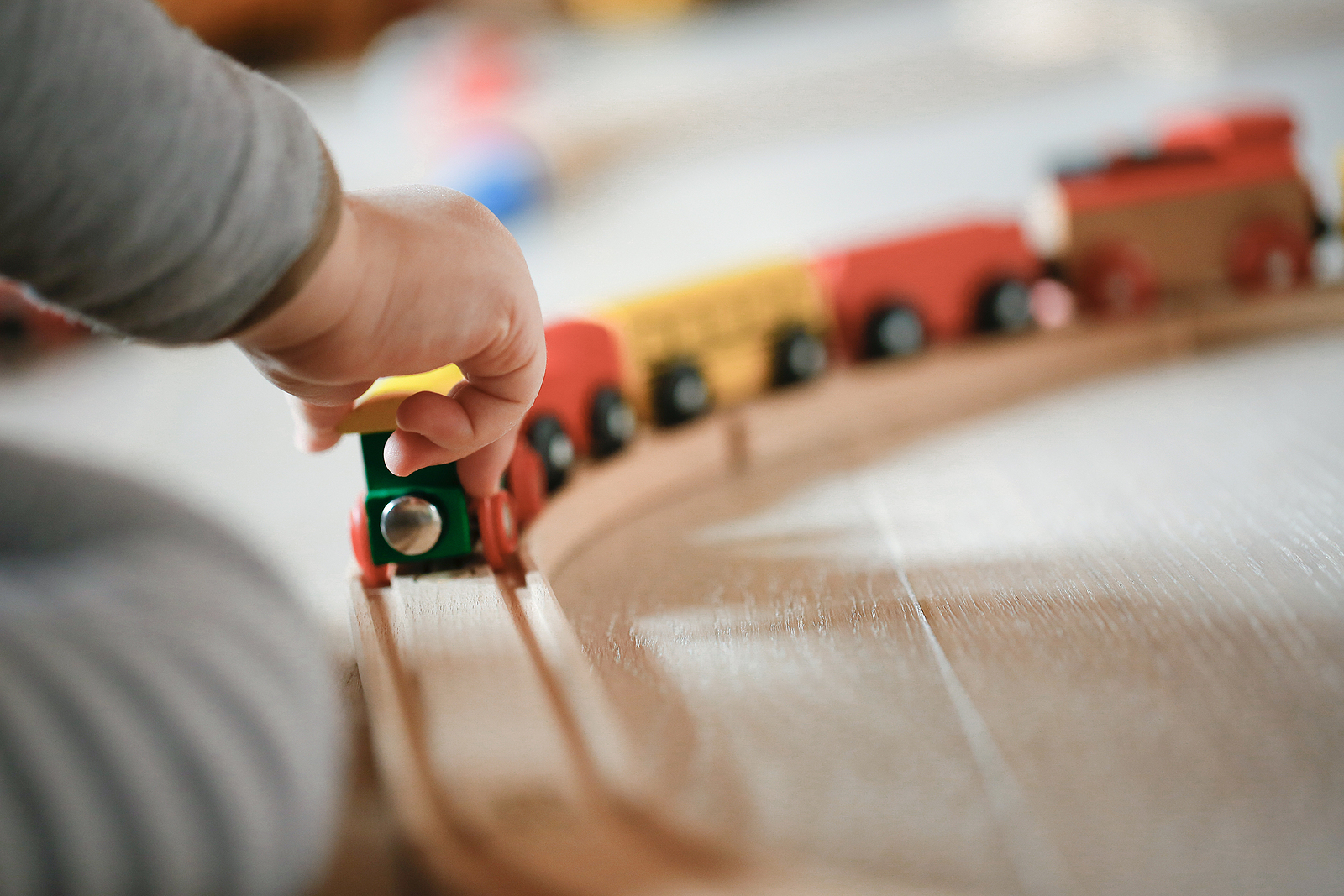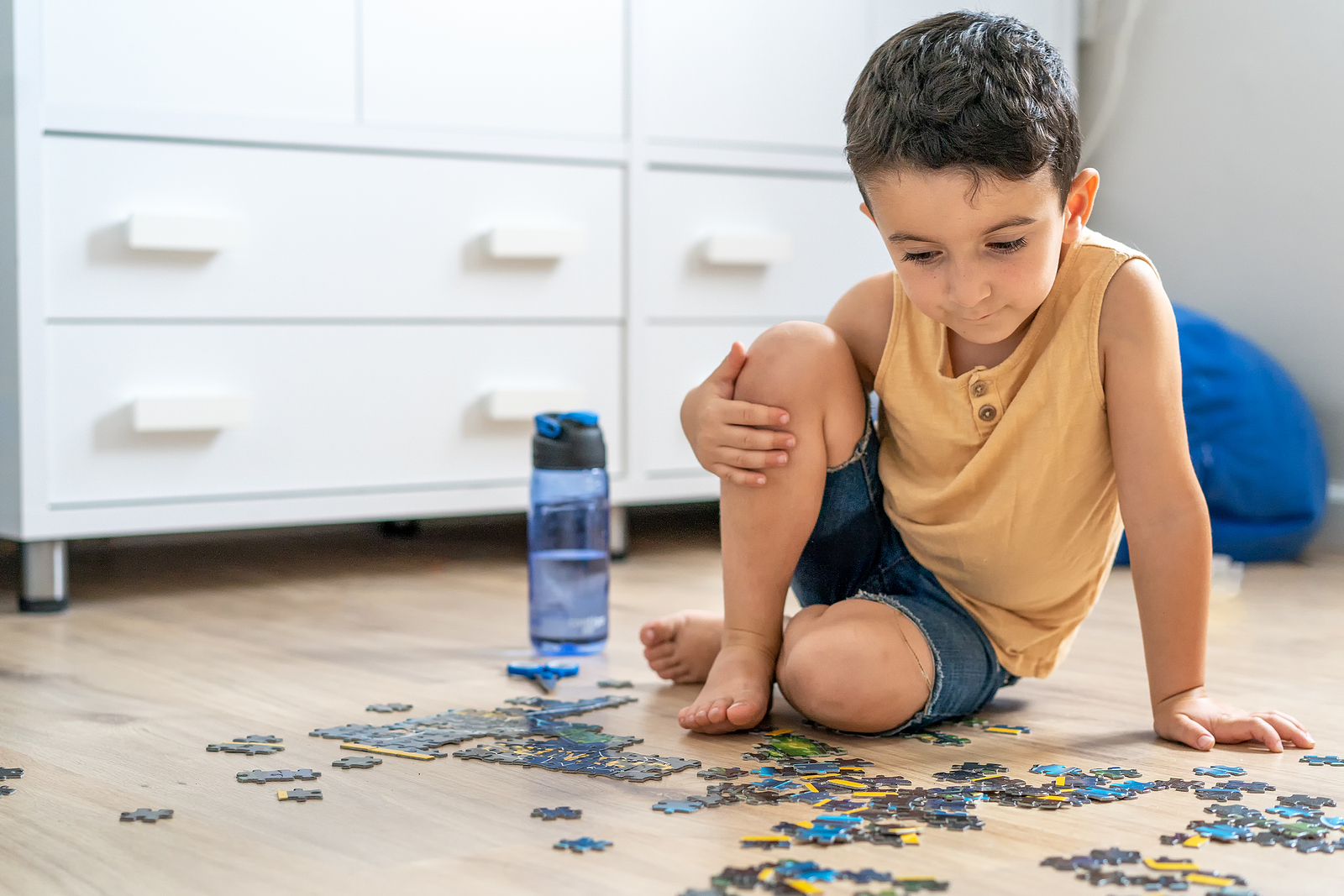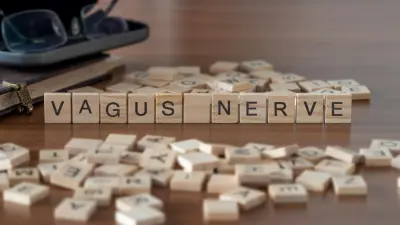Good Inside Podcast Summary: How to Encourage Independent Play With Lizzie Assa
Hey Mama! We see you juggling all the things, and we’re here to make life a little easier. If you love podcasts but don’t always have time to dive into hours of episodes, we’ve got your back! In this episode of Good Inside’s Podcast: How to Encourage Independent Play with Lizzie Assa, we’ve rounded up the top takeaways to give you a head start.

4 Things That Get in the Way of Independent Play
Encouraging independent play in children can be transformative for both parents and kids. In a world where parents often feel the pressure to constantly entertain or guide their children, creating space for self-directed play provides critical developmental benefits. Lizzie Assa, a parenting strategist and expert on play, shares practical insights on Dr. Becky’s Good Inside podcast about fostering this essential skill. From identifying the barriers to independent play to implementing realistic solutions, this conversation offers a roadmap for empowering children while giving parents the breathing room they need.
Parental Over-Engagement
Parents often feel the need to constantly engage or entertain their child. This disrupts the child’s ability to explore independently.
Over-interaction prevents children from developing confidence in their ideas and experiences. Simple moments, such as a baby watching shadows or an older child exploring toys, lay the groundwork for self-directed play.
Child’s Lack of Independent Play Skills
Some children are unused to being alone and rely heavily on parental input during play. When children are accustomed to parents leading play, it becomes difficult for them to transition to self-led play.
Parental Guilt
Parents may feel guilty when they aren’t directly involved in their child’s play. Many parents associate time spent with their children as a measure of good parenting, even if it results in burnout and resentment.
Expecting Immediate Results
Parents may assume independent play will develop overnight. Building this skill requires gradual steps, similar to learning to swim or ride a bike, with realistic and small goals.
6 Ways to Encourage Independent Play
It’s child’s play!

Leverage the Child’s Interests
Observe what naturally engages your child and use it as a starting point. If your child loves trucks, set up a station by a window for them to watch the garbage truck pass by. By beginning with their passions, children naturally build focus and independence.
Create a Quiet Time Routine
Designate a daily independent play period, even if it starts with just a minute. Label this time clearly and frame it positively, such as “your special time to explore and be the boss of your own ideas.” Gradually increase the duration over time.
Model and Prime Independence
Highlight moments when your child has already demonstrated independence. Acknowledge even small successes, like watching TV while the parent steps away, to reinforce their self-sufficiency.
Set Clear Boundaries
Communicate clearly that this is the child’s time to play alone, and maintain this boundary. Avoid negotiating or seeking permission from the child. Instead, say, “You get to play by yourself now, and I’ll hear all about it afterward.
Normalize Challenges and Perseverance
Acknowledge that independent play may feel difficult at first and remind children they are capable. Encourage persistence by framing setbacks as normal. Use phrases like, “Today was tricky, but tomorrow I think it’ll be a bit easier.”
Parental Mindset Shift
Recognize that taking time for yourself is valuable for your well-being and parenting. Sitting on the couch or enjoying quiet moments without guilt helps you show up as a calmer, more present parent.
More Play Starts Today!

Independent play is a valuable skill that benefits children by fostering creativity, confidence, and problem-solving abilities, while giving parents the opportunity to recharge and be more present. Lizzie Assa’s approach emphasizes small, practical steps tailored to a child’s unique interests and capabilities. By setting realistic goals, modeling independence, and maintaining clear boundaries, families can cultivate meaningful routines that support growth for both children and parents alike. Remember, independent play is a journey — one worth starting today.
Be sure to check out the full episode of Good Inside’s podcast below. You can also get additional show notes HERE!








Leave a Reply